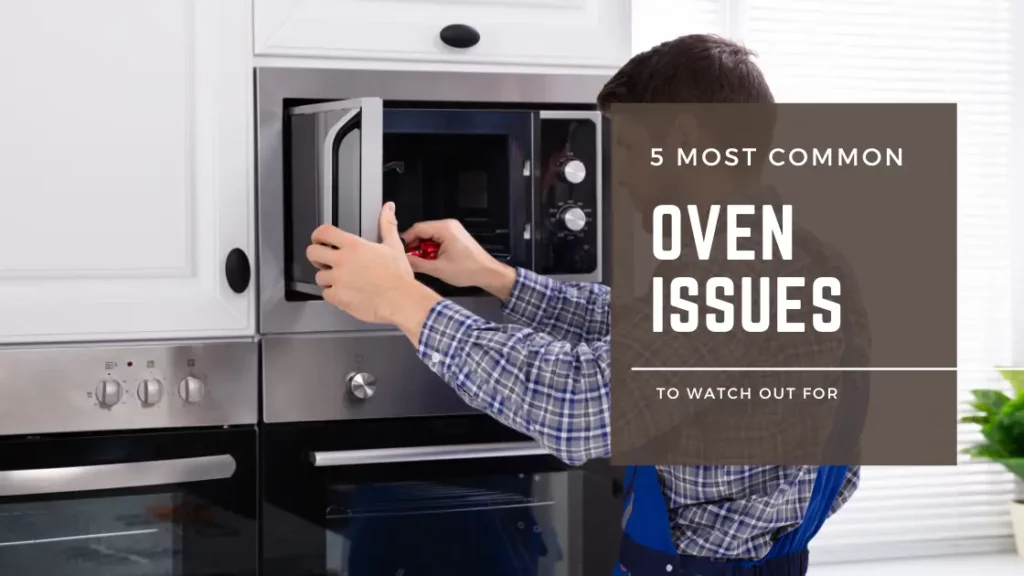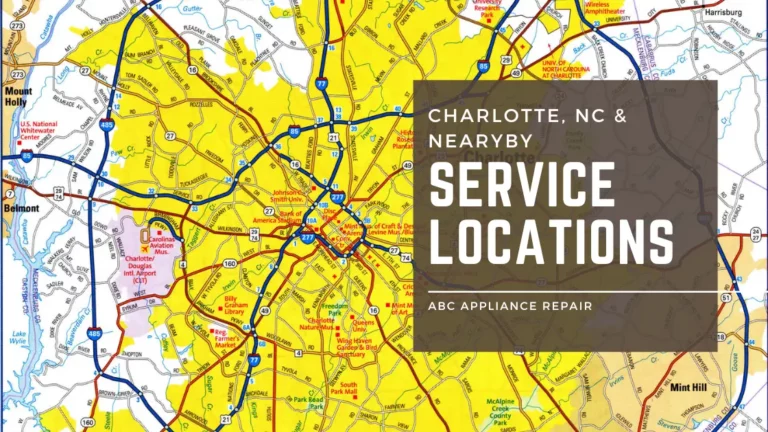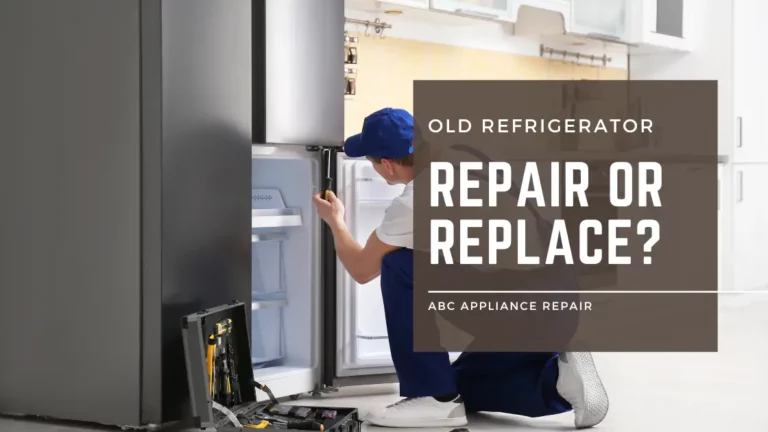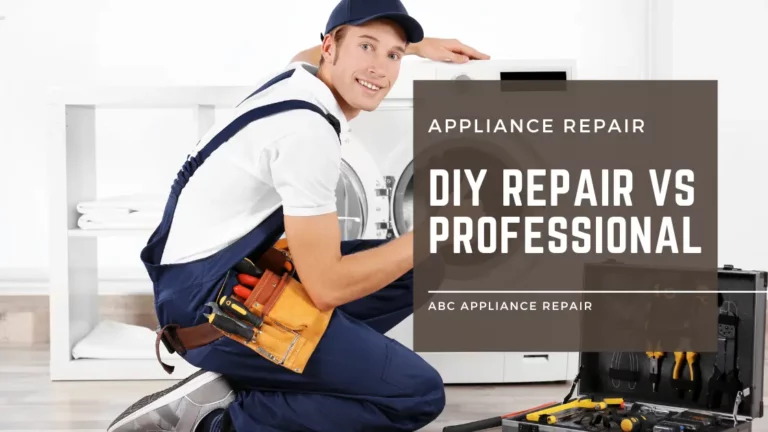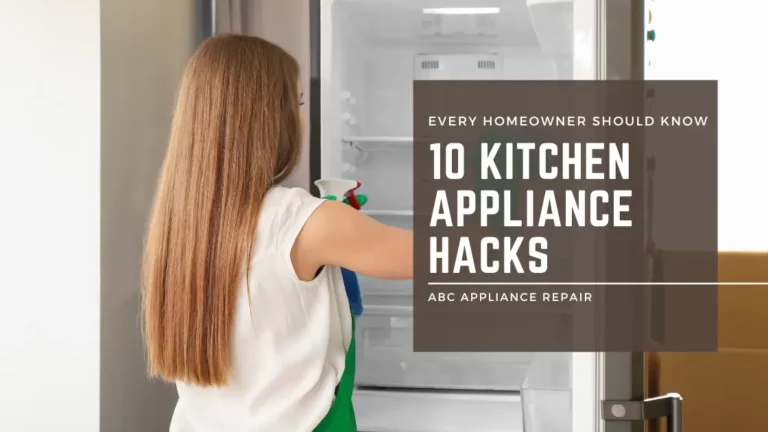An oven is an essential appliance in every kitchen, serving as the heart of culinary creations. However, like any other electronic device, ovens are prone to issues and malfunctions that can disrupt your cooking routine.
In this article, we will explore the 5 most common oven issues to watch out for, providing you with valuable insights on how to identify, troubleshoot, and potentially resolve these problems. By understanding these issues, you’ll be better equipped to maintain your oven’s functionality and extend its lifespan.
1. Uneven Heating: The Bane of Precision Cooking
Have you ever encountered situations where one side of your dish is perfectly cooked while the other remains undercooked or burnt? If so, you may be facing the common problem of uneven heating in your oven.
Uneven heating occurs when the oven fails to distribute heat evenly throughout its interior, leading to inconsistent cooking results. This issue can be attributed to several factors, including a malfunctioning heating element, a faulty temperature sensor, or a clogged or obstructed air vent. To diagnose and potentially resolve this problem, follow these steps:
Check the Heating Element
Start by inspecting the oven’s heating element. Look for any signs of damage, such as visible cracks, burn marks, or loose connections. If you notice any abnormalities, it’s recommended to replace the faulty element.
Calibrate the Temperature
Use an oven thermometer to verify the accuracy of your oven’s temperature settings. If there is a significant deviation, consult your oven’s user manual to learn how to recalibrate the temperature settings.
Clean the Air Vents
Over time, the air vents in your oven can become clogged with debris, hindering proper airflow. Carefully remove any obstructions, such as food particles or grease, using a soft brush or cloth. This simple maintenance step can help alleviate uneven heating issues.
2. Malfunctioning Oven Igniter: The Ignition Woes
Does your oven take longer than usual to ignite, or does it fail to ignite altogether? A faulty oven igniter might be the culprit.
The oven igniter is responsible for initiating the combustion process by igniting the gas within the oven. When it malfunctions, you may experience delayed or failed ignition, resulting in inconvenient cooking delays. Here’s what you can do to address this issue:
Inspect the Igniter
Locate the oven igniter, usually found near the oven burner. Check for any visible signs of damage, such as cracks or breaks. If the igniter appears damaged, it’s recommended to replace it with a new one.
Test the Igniter’s Functionality
Use a multimeter to test the continuity of the igniter. A functional igniter should show continuity. If the reading is inconsistent or shows no continuity, it indicates a faulty igniter that needs replacement.
Seek Professional Assistance
If you’re uncertain about replacing the igniter yourself, it’s best to consult a professional oven repair expert to ensure the proper installation and functionality of the new igniter.
3. Temperature Inaccuracy: When Precision Matters
Have you noticed that your oven’s temperature doesn’t match the set value, resulting in overcooked or undercooked dishes? Temperature inaccuracy is a common issue that can greatly affect your cooking outcomes.
Temperature discrepancies in ovens can occur due to a variety of reasons, including a malfunctioning thermostat, a faulty temperature sensor, or improper calibration. To address this issue, consider the following steps:
Use an Oven Thermometer
Place an oven-safe thermometer inside your oven to measure the actual temperature. Compare the reading with the set temperature to determine the accuracy. If there’s a significant difference, you may need to recalibrate the thermostat.
Recalibrate the Thermostat
Consult your oven’s user manual to learn how to recalibrate the thermostat. This process typically involves adjusting the temperature offset to align the set temperature with the actual temperature.
Professional Assistance
If recalibration doesn’t resolve the temperature inaccuracy or if you’re unsure about performing the task yourself, it’s advisable to seek the assistance of a qualified oven repair professional.
4. Faulty Door Seal: Escaping Heat and Energy Loss
Do you notice heat escaping from your oven door or feel a draft while cooking? A faulty door seal could be the reason behind this energy-inefficient and temperature-inconsistent situation.
The oven door seal, also known as a gasket, plays a vital role in maintaining the oven’s temperature and preventing heat loss. Over time, the seal can wear out or become damaged, compromising its effectiveness. To address a faulty door seal, follow these steps:
Inspect the Door Seal
Carefully examine the door seal for any signs of wear, tears, or damage. If you notice any issues, it’s advisable to replace the seal to restore its functionality.
Clean the Seal and Surface
Use a mild detergent and warm water to clean the door seal and the surrounding surface. This ensures proper adhesion when installing the new seal.
Install a New Door Seal
Purchase a compatible door seal from your oven’s manufacturer or authorized dealers. Follow the provided instructions to install the new seal securely.
5. Unresponsive Control Panel: The Digital Dilemma
Is your oven’s control panel unresponsive or displaying error codes? An unresponsive control panel can significantly hinder your ability to operate your oven effectively.
An unresponsive control panel can result from various issues, such as power surges, loose connections, or internal malfunctions. Here’s what you can do to troubleshoot this problem:
Reset the Oven
Start by turning off the oven and unplugging it from the power source. Wait for a few minutes before plugging it back in and turning it on. This simple reset can resolve temporary software glitches.
Check the Power Supply
Ensure that the oven is receiving a consistent power supply. Examine the power cord for any damages or loose connections. If necessary, plug the oven into a different power outlet or consult an electrician to address any electrical issues.
Consult the User Manual
Error codes displayed on the control panel can provide valuable insights into the specific problem. Refer to your oven’s user manual for a list of error codes and their corresponding solutions. If the problem persists, consider contacting an oven repair expert for further assistance.
When Should You Hire an Oven Repair Expert?
While some oven issues can be resolved through DIY troubleshooting and maintenance, there are situations where it’s best to seek and call professional assistance from your nearby area. Consider hiring an oven repair expert in the following scenarios:
#Complex Repairs: If the problem requires intricate disassembly or replacement of internal components, it’s advisable to consult a professional who possesses the necessary skills and expertise.
#Warranty Considerations: If your oven is still under warranty, attempting DIY repairs may void the warranty. It’s recommended to check the warranty terms and contact the manufacturer or an authorized service center for repairs.
#Safety Concerns: If the issue involves potential safety hazards, such as gas leaks or electrical malfunctions, it’s crucial to prioritize your safety and seek professional assistance immediately.
DIY vs. Expert’s Service: Making an Informed Decision
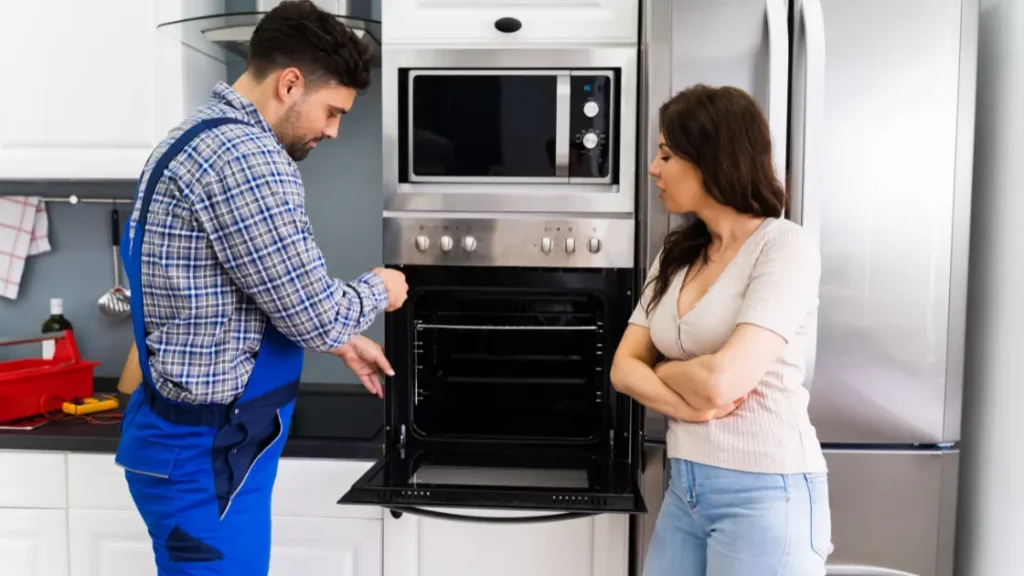
Deciding whether to opt for a DIY approach or hire an oven repair expert depends on various factors, including your level of technical expertise, the complexity of the issue, and safety considerations. Consider the following points when making your decision:
i) DIY Repairs
DIY repairs can be a cost-effective solution for minor issues and routine maintenance. They provide an opportunity to learn and enhance your technical skills while saving money. However, it’s important to assess your capabilities realistically and not attempt repairs beyond your comfort level.
ii) Professional Expertise
Oven repair experts possess specialized knowledge and experience, ensuring efficient and accurate diagnosis of complex problems. They have access to the necessary tools and replacement parts, and their expertise minimizes the risk of further damage to your oven.
iii) Time and Convenience
DIY repairs require time and effort for research, troubleshooting, and execution. On the other hand, hiring an oven repair expert saves you time and provides convenience, especially when dealing with urgent or intricate repairs.
FAQs (Frequently Asked Questions)
It is not recommended to use the oven with a damaged door seal, as it can lead to heat loss, uneven cooking, and energy inefficiency. Replace the seal before using the oven again.
Cleaning the air vents should be a part of your regular oven maintenance routine. Aim to clean them at least once every three months to prevent airflow obstruction.
Calibrating the oven’s temperature ensures that the set temperature matches the actual temperature inside the oven, resulting in accurate and consistent cooking results.
Replacing the oven igniter can be a complex task that requires technical expertise. It’s recommended to consult a professional to ensure the proper installation and functionality of the new igniter.
Having your oven serviced by a professional once every one to two years is generally recommended to address any underlying issues, ensure optimal performance, and prolong its lifespan.
Conclusion
Understanding the common oven issues discussed in this article empowers you to identify, troubleshoot, and potentially resolve problems that may arise with your oven. By taking proactive measures and seeking professional help when needed, you can ensure that your oven remains in optimal condition, allowing you to enjoy efficient cooking experiences for years to come. Remember to prioritize safety, follow manufacturer guidelines, and maintain regular maintenance routines to extend the lifespan of your oven and enhance its performance.


